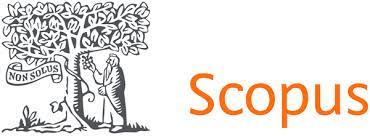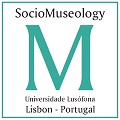Da escuta aos museus: a importância das técnicas de recolha e preservação da memória oral no contexto de memórias traumáticas
Resumen
O percurso das memórias traumáticas até os museus é composto por etapas diversas e complexas, exigindo uma abordagem singular e sensível, onde a técnica metodológica deve ser associada a uma consciência humana ética e empática. Tendo em vista essa complexidade, este artigo busca realizar uma breve revisão bibliográfica de conceitos e reflexões para entender como as memórias traumáticas podem ser melhor recolhidas, preservadas e apresentadas. Primeiramente, a abordagem é sobre o encontro entre história oral e memórias traumáticas, detalhando as questões que impactam a memória coletiva e social, assim como o conceito de trauma e seus reflexos na memória. Depois, refletimos a questão técnica a partir dos conceitos de recolha de memória oral nas abordagens metodológicas de história oral, das ciências sociais e do jornalismo, assim como sua associação com a escuta sensível. A etapa final do percurso das memórias traumáticas até os museus é justamente o encontro dessa memória recolhida com os conceitos da museologia, especialmente da Sociomuseologia, onde os compromissos essenciais são com a vida e os direitos humanos. Essa etapa também embarca um ponto fundamental no processo: o potencial educativo das memórias traumáticas dentro das instituições museológicas. Por fim, concluímos como todos esses conceitos e reflexões se encontram e complementam no propósito de recolher e preservar as memórias traumáticas com técnica, ética e sensibilidade.
Palavras Chave: história oral; memória social; memórias traumáticas; sociomuseologia.
Descargas
Los autores conservan los derechos de autor y otorgan a la revista el derecho a la primera publicación, con el trabajo licenciado simultáneamente bajo la Licencia Creative Commons Attribution License que permite compartir el trabajo con reconocimiento de autoría y publicación inicial en esta revista.













